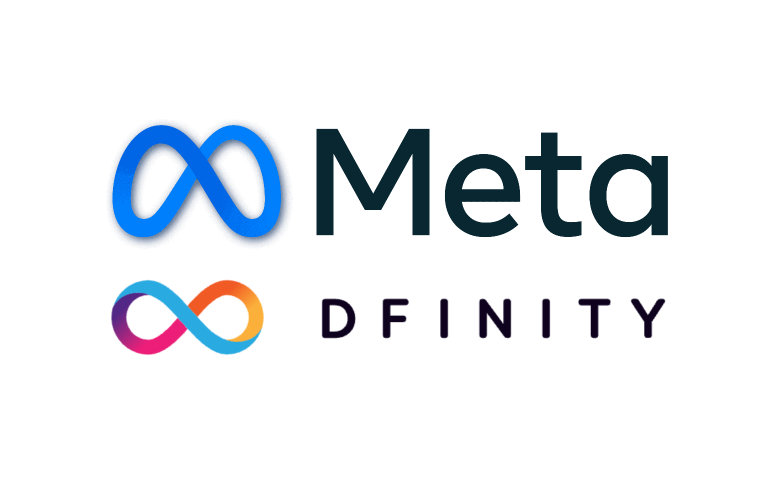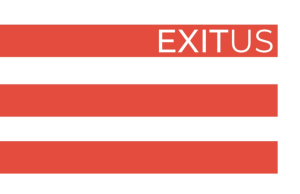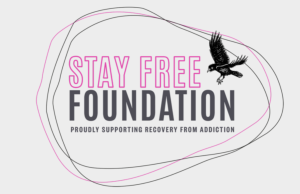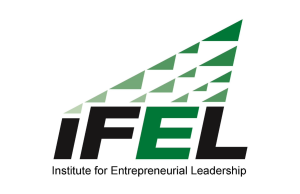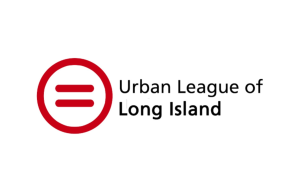The Dfinity Foundation, a nonprofit that offers blockchain and internet technology, and Meta Platforms, the technology company that owns Facebook, Instagram and WhatsApp, ended a logo trademark lawsuit. The suit was dismissed with prejudice, meaning participants will not be able to litigate it further.
In the ruling, both sides agreed to be responsible for their own legal expenses and costs. In November 2022, an earlier complaint was dismissed but Zurich-based Dfinity retained the right to amend its complaint.
The lawsuit, which was initially filed by Dfinity in 2022, stemmed from Dfinity’s perception that two of its trademarks were disturbingly close to a trademark sought by Meta. The first Dfinity trademark, a gray infinite loop that resembles a sideways 8 above the organization’s name (the “Dfinity Mark”) was registered in the United States in 2018 and a multicolored infinite loop (the “Rainbow Mark”) was registered in the United States in 2021. The organization has consistently used the marks since 2017, according to court papers.
In late 2021, Facebook founder Mark Zuckerberg announced his company would be rebranded as Meta, a name that symbolized his company’s changing focus toward facilitating the metaverse, a sprawling, multiplatform digital landscape. In 2022, officials at Meta sought to register the Meta Mark, a double-loop configuration of variable size, shape and color which in some configurations suggests an infinity loop and in others suggests a capital M.
According to court documents, when the Meta Mark was unveiled in October 2021 — before Meta sought registration — “users replied to Dfinity’s Twitter account with comments on the similarities between the Dfinity Marks and the Meta Mark, and possibilities for partnerships or collaboration between the two entities.”
In April 2022, Dfinity sent a cease-and-desist letter to Meta seeking to halt Meta’s use of the Meta Mark. Meta did not respond, and Dfinity filed its suit, claiming trademark infringement, false designation of origin, common law unfair competition and violation of California’s Unfair Competition Law.
Dfinity’s leaders claimed the commonalities between the marks and both organizations’ presence in the online and digital communities would cause consumers to “mistakenly believe that Meta and its services . . . are connected with, sponsored by, affiliated with, or related to Dfinity and the Internet Computer,” according to court papers.
Dfinity’s initial complaint was dismissed with leave to amend by U.S. District Judge Charles R. Breyer of the United States District Court for the Northern District of California in November 2022. In that dismissal, Breyer agreed with Meta that “Dfinity has failed to establish a protectable ownership interest in the Dfinity Mark, and that there is minimal likelihood of consumer confusion in its use of both the Rainbow Mark.” Breyer also noted that Meta had not used its marks in conjunction with Dfinity’s marks, reducing the possibility of confusion regarding any relationship between the two organizations.
Breyer also noted that Dfinity appeared to have carefully selected a single frame from a video showing continuous changes to the Meta Mark as it morphs between various iterations and styles. As Breyer wrote, “Dfinity appears to have taken a screenshot of the Meta Mark as it mutates in this video, timing the image to precisely the split second in which it looks most like the Rainbow Mark.”
Breyer further wrote “While Meta’s logo can and does appear in different colors, and is not always in the traditional blue … its shape is still dissimilar to Dfinity’s: While it includes two loops and bears some resemblance to an infinity sign, the lines cross above the vertical midpoint and the two loops are squished into vertical oblong shapes; Meta compares its logo to the letter “M” for Meta, or a video game controller… The marks are even more dissimilar when they are accompanied by the parties’ names, which happens often (though not always) in commercial settings.”
Dfinity’s case was not helped by the sophistication of the audience for its offerings. In addressing the potential for confusion, Breyer observed “Dfinity’s customers are “tech-savvy developers” who understand how to harness the Internet Computer for their own projects and businesses, or who seek to learn to do so.”

